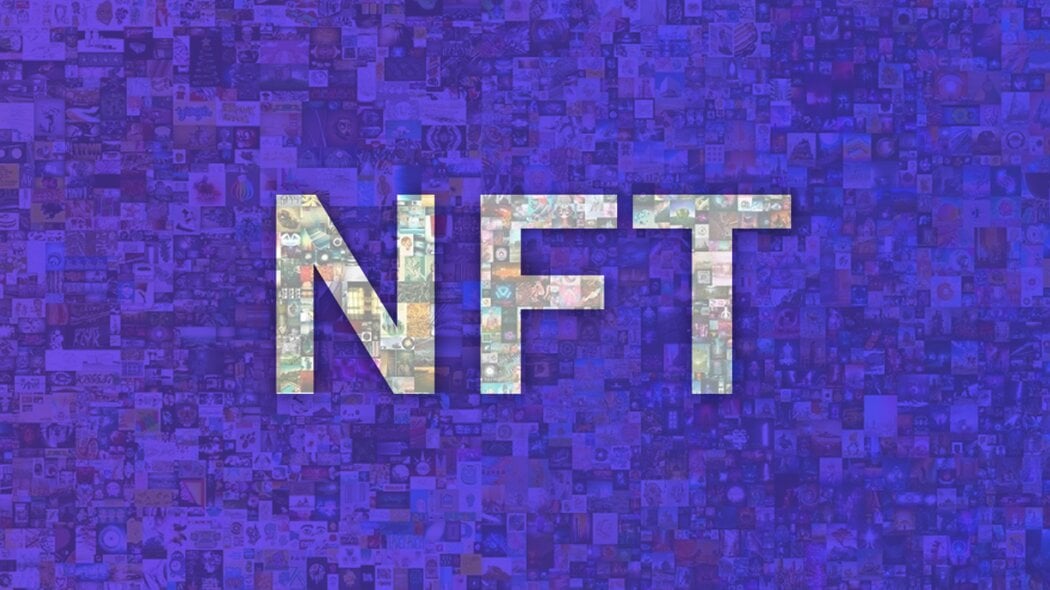Non-fungible tokens (NFTs) have emerged as unique digital assets, representing a broad spectrum from art and collectibles to real estate and identity. In 2021, the NFT market experienced an explosive surge in popularity and value, surpassing a market cap of $25 billion, captivating the attention of celebrities, investors, and enthusiasts globally.
Looking forward, let’s delve into the current trends, challenges, and opportunities that shape the future of this dynamic industry.
Exploring the Fascinating World of NFTs
The NFT landscape is truly remarkable.
Current Trends in the NFT Space
NFTs extend beyond collectibles: Although art and collectibles continue to dominate NFT use cases, they represent just a fraction of the possibilities. NFTs find applications in digital property rights, gaming, music, sports, logistics, identity, and more. With the maturation of NFTs, we anticipate increased innovation and adoption of experimental and diverse use cases.
Increased accessibility and mainstream appeal: The expanding NFT market demands more user-friendly and inclusive platforms and tools. NFT marketplaces, wallets, creators, and communities are becoming more accessible and diverse, catering to the varied needs, preferences, and tastes of a global audience. Major brands, celebrities, and institutions entering the NFT space contribute to heightened awareness and legitimacy within the industry.
Creation of new value and opportunities: NFTs serve not only as a novel form of digital expression and ownership but also as a source of income and empowerment for creators and consumers alike. NFTs empower artists and creators to directly and fairly monetize their work, eliminating intermediaries or gatekeepers. Consumers can participate in the value creation and appreciation of their assets, gaining access to exclusive benefits and experiences.
Challenges Facing the NFT Ecosystem
Regulatory and legal uncertainty: The growing traction and value of NFTs attract increased scrutiny and regulation from governments and authorities. Legal status and implications vary across jurisdictions, raising questions about taxation, intellectual property, consumer protection, anti-money laundering, and more. Ethical and social challenges, such as environmental impact, fraud, plagiarism, censorship, and inequality, also pose significant concerns.
Technical and operational limitations: As NFTs gain popularity and complexity, they encounter technical and operational challenges. The scalability, security, interoperability, and usability of NFT platforms and protocols are still evolving, impacting the performance, cost, and user experience of transactions and interactions. Education, awareness, standards, and best practices are essential to ensure quality, consistency, and compatibility.
Opportunities on the Horizon for NFTs
Opening new frontiers and possibilities: Despite challenges and uncertainties, NFTs offer vast potential for the future of the digital economy and society. They enable new forms of creativity, collaboration, innovation, and participation, fostering new business models, revenue streams, and markets. NFTs empower individuals and communities, contributing to social and cultural diversity and inclusion.
Part of a larger crypto and Web3 vision: NFTs are not isolated phenomena but integral components and catalysts of a broader crypto and Web3 vision. Interconnected with decentralized finance (DeFi), metaverse, decentralized autonomous organizations (DAOs), decentralized identity (DID), and more, NFTs contribute to and benefit from the development and adoption of these technologies, creating a more open, decentralized, and democratic digital world.


